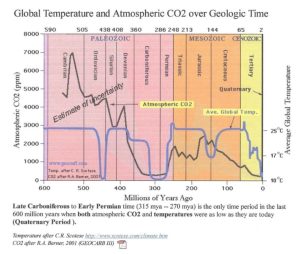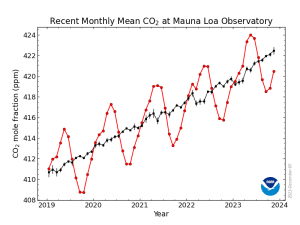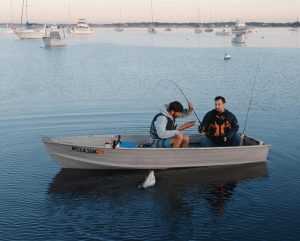In a recent development that should hardly surprise those who follow the climate litigation theater, the Pacific Coast Federation of Fishermen’s Associations (PCFFA) has withdrawn its climate lawsuit. This move, as reported by Energy in Depth and Fox News, is a telling example of the unending trend of frivolous climate lawsuits, particularly those championed by the Sher Edling law firm.

The PCFFA, under the representation of Sher Edling, filed a lawsuit alleging catastrophic impacts of climate change on their crab fishing grounds. However, when the legal battle was moved to federal court, the association abruptly dropped the case. This raises questions about the actual substance and intent behind such lawsuits. Was this lawsuit genuinely seeking justice, or was it another example of using the legal system for publicity and political posturing?
PCFFA’s lawsuit dates back to November 2018 and was among the first “climate deception” cases filed nationwide. The lawsuit — which names Chevron, ExxonMobil, BP America, Shell and ConocoPhillips, among several other oil companies as defendants — sought to hold the industry accountable for its alleged “decades-long campaigns of deception about the science of climate change and the role their products play in causing it.”
https://www.foxnews.com/politics/major-climate-deception-lawsuit-against-big-oil-voluntarily-dismissed
Sher Edling’s approach to climate litigation seems to be more about quantity than quality: file as many lawsuits as possible, from various angles, regardless of their actual merit. This strategy, as highlighted on the Gelbspan Files website, appears to be less about achieving legal outcomes and more about creating a narrative.
Sher Edling’s other cases, in addition to California’s case, may face a similar fate as the PCFFA case as they continue to work their way through court. One other case — filed by King County, Oregon — was dismissed in 2021.
https://www.foxnews.com/politics/major-climate-deception-lawsuit-against-big-oil-voluntarily-dismissed

The internal discord within the PCFFA and skepticism about the lawsuit’s validity were evident from the outset. Some members of the association themselves pointed out the irony of suing fossil fuel companies while relying on their products for their fishing operations.
“How do we run our engines without oil? How do we fish without oil? Electricity? I’m a small vessel. I’m only 68 tons and my God, I don’t know how that would work.’” (emphasis added)
https://eidclimate.org/another-one-bites-the-dust-fishermens-association-drops-climate-lawsuit/
This contradiction undermines the lawsuit’s credibility and exposes the complexities and nuances often overlooked in climate litigation.
The PCFFA lawsuit is not an isolated case. It follows a pattern of failed climate litigations, many of which have been backed by Sher Edling. These cases often collapse under legal scrutiny or face insurmountable hurdles, suggesting that they are more about grandstanding than about addressing the alleged harms of climate change.
“’I can’t really believe that we’re spending time on this,’ Chhabria told association lawyer Katie Jones of San Francisco, rebuking her for insisting that the lawsuit does not amount to a federal class-action case.”
https://eidclimate.org/another-one-bites-the-dust-fishermens-association-drops-climate-lawsuit/
The Gelbspan Files website is a great resource for anyone interested in reading about these climate lawsuits. It exposes the orchestrated campaigns and political motivations behind such litigations, offering a counter-narrative to the mainstream portrayal. The website’s analysis sheds light on the broader context of these legal battles.
The withdrawal of the PCFFA lawsuit exemplifies the problematic nature of many climate litigations. The legal realm, in this context, seems to be utilized more for activism and narrative-building than for genuine legal redress.




